When it comes to powering remote-controlled (RC) vehicles, drones, and other hobbyist gadgets, choosing the right battery is crucial. The type of battery you use can impact your vehicle’s performance, weight, and how long it lasts between charges. Among the most popular options for RC enthusiasts are Lithium Polymer (LiPo) batteries. But how are they different from Lithium-Ion (Li-Ion) batteries? And why are LiPo batteries often the go-to choice for RC applications?
In this post, we'll dive into the differences between LiPo and Li-Ion batteries and explain why LiPo is preferred by RC hobbyists.
What is a LiPo Battery?
A LiPo (Lithium Polymer) battery is a type of rechargeable battery that uses a polymer electrolyte—a solid or gel-like substance—instead of the liquid electrolyte found in other lithium-based batteries. This difference in construction makes LiPo batteries lighter, more flexible, and easier to customize, which is why they’re ideal for high-performance applications like RC vehicles, drones, and model planes.
LiPo vs Li-Ion: Key Differences
Both LiPo and Li-Ion batteries are lithium-based, but they have distinct characteristics that make them suitable for different uses. Let’s break down some of the key differences between these two types of batteries.
1. Electrolyte Composition
- LiPo: Uses a polymer electrolyte, which is lightweight and flexible. This construction allows LiPo batteries to be made in various shapes and sizes, making them ideal for compact, custom builds like RC vehicles and drones.
- Li-Ion: Uses a liquid electrolyte. While this can offer a more stable and durable battery, it’s less flexible and harder to mold into different shapes.
2. Energy Density & Discharge Rate
- LiPo: LiPo batteries typically have higher discharge rates, meaning they can deliver a higher current to the motor and electronics at once. This is especially important in RC vehicles that need quick bursts of power (e.g., racing cars or drones).
- Li-Ion: Li-Ion batteries tend to have higher energy density, meaning they can store more energy for a given size and weight. However, they are less suited for high-drain applications that demand rapid power delivery.
3. Form Factor
- LiPo: One of the biggest advantages of LiPo batteries is their flexibility. They can be molded into a variety of shapes and sizes, which makes them ideal for fitting into tight spaces in RC models.
- Li-Ion: Li-Ion batteries usually come in cylindrical shapes (like 18650 cells), which, while durable, are not as versatile in terms of form factor.
4. Cycle Life
- LiPo: LiPo batteries generally have a shorter cycle life than Li-Ion batteries, meaning they might need to be replaced more frequently, especially if they’re regularly discharged too deeply or overcharged.
- Li-Ion: Li-Ion batteries have a longer cycle life, meaning they can endure more charge and discharge cycles before their capacity starts to degrade.
Why LiPo Batteries Are Preferred for RC
So why do RC enthusiasts gravitate toward LiPo batteries? Here are the top reasons:
1. High Power Output (Discharge Rate)
RC vehicles and drones often require short bursts of high power. For example, when you’re racing an RC car or flying a drone, you need a battery that can quickly deliver a lot of current to the motors. LiPo batteries excel in this area, thanks to their high discharge rates. They can deliver the power needed to accelerate an RC car to top speed or pull off sharp maneuvers in the air.
2. Lightweight & Compact
LiPo batteries are significantly lighter than Li-Ion batteries, which is crucial in the world of RC. Whether you’re flying a drone or racing an RC car, reducing weight improves performance. LiPo’s lightweight nature helps keep your vehicle nimble and fast. Plus, their ability to be molded into different shapes means they can fit perfectly into tight spaces within your RC model.
3. Customizable Designs
One of the best features of LiPo batteries is their ability to be customized. Since they can be shaped and sized in many different ways, you can choose a battery pack that fits your RC vehicle perfectly. Whether you need a long, slim pack for a racing car or a more cubic design for a drone, LiPo batteries can be tailored to your specific needs.
4. Quick Charge Times
RC hobbyists often want to get back into action quickly, and LiPo batteries generally have faster charge times compared to Li-Ion batteries. This means less downtime between flights or races, which is especially important for those who want to maximize fun and minimize wait time.
5. High Discharge Rates for Short Bursts of Power
RC devices require a high C-rating (the rate at which the battery can safely discharge). LiPo batteries are designed to deliver these high discharge rates, which are essential for activities like rapid acceleration, sharp turns, or quick maneuvers in the air. In other words, they can provide that extra power when you need it most.
Potential Drawbacks of LiPo Batteries
While LiPo batteries offer many advantages for RC applications, they do have some drawbacks to consider:
- Safety Concerns: LiPo batteries are more sensitive to damage, overcharging, or over-discharging. If not properly handled, they can catch fire or swell. This makes safety a top priority when using LiPo batteries. Always use a LiPo-safe charging bag and never leave your battery unattended while charging.
- Shorter Lifespan: Compared to Li-Ion batteries, LiPo batteries typically have a shorter lifespan. They degrade faster with improper maintenance or if they’re routinely discharged too deeply. However, with careful storage and handling, you can extend their life.
- Cost: LiPo batteries can be more expensive than Li-Ion batteries, especially for high-capacity or high-discharge-rate packs. But for RC enthusiasts who prioritize performance, the cost is often worth the tradeoff.
Conclusion: Why LiPo Batteries Are the Go-To Choice for RC
In the world of remote-controlled vehicles and drones, LiPo batteries provide the perfect balance of high power output, low weight, and customizable form factors. They’re able to deliver quick bursts of power and are built to fit into compact spaces—making them ideal for high-performance RC devices. While they do have some drawbacks, such as safety concerns and shorter lifespans, these can be mitigated with proper care and handling.
For RC enthusiasts who prioritize performance, speed, and maneuverability, LiPo batteries are the clear choice. Just remember to always follow safety protocols, charge your batteries properly, and store them correctly to ensure the best performance and longevity.
Happy flying, driving, and racing!


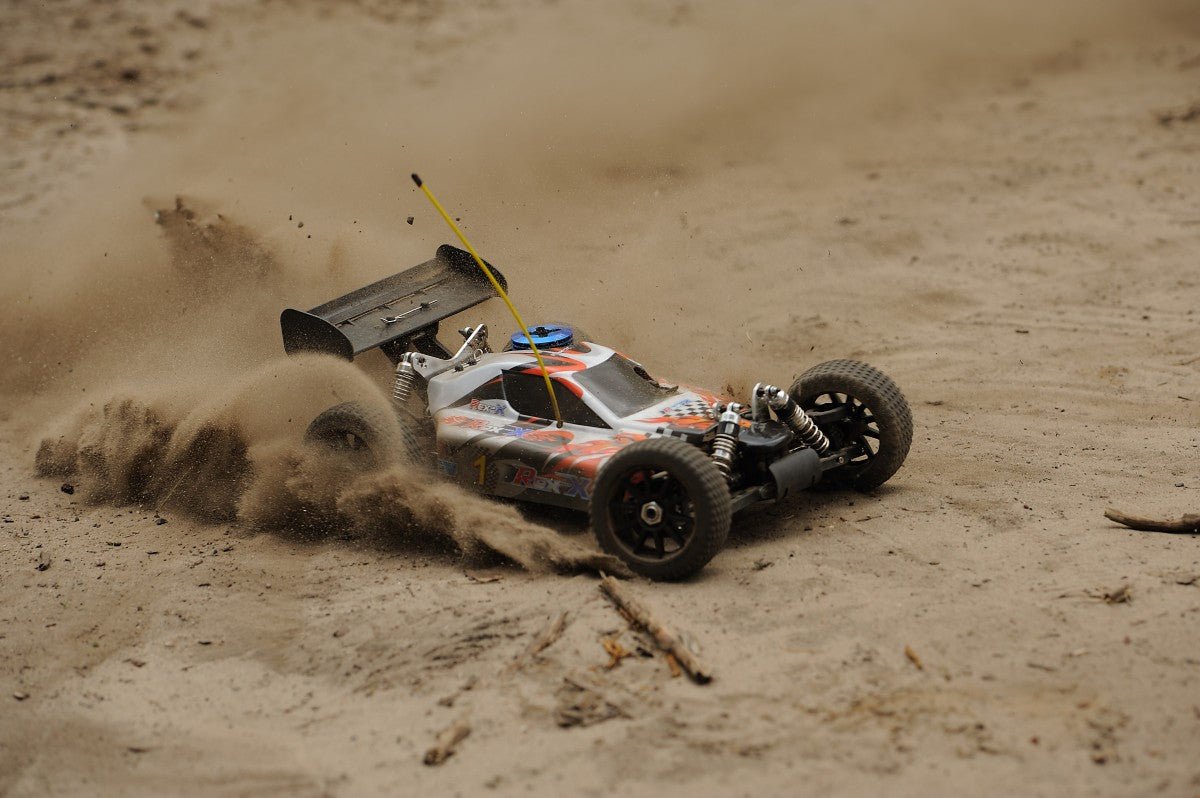
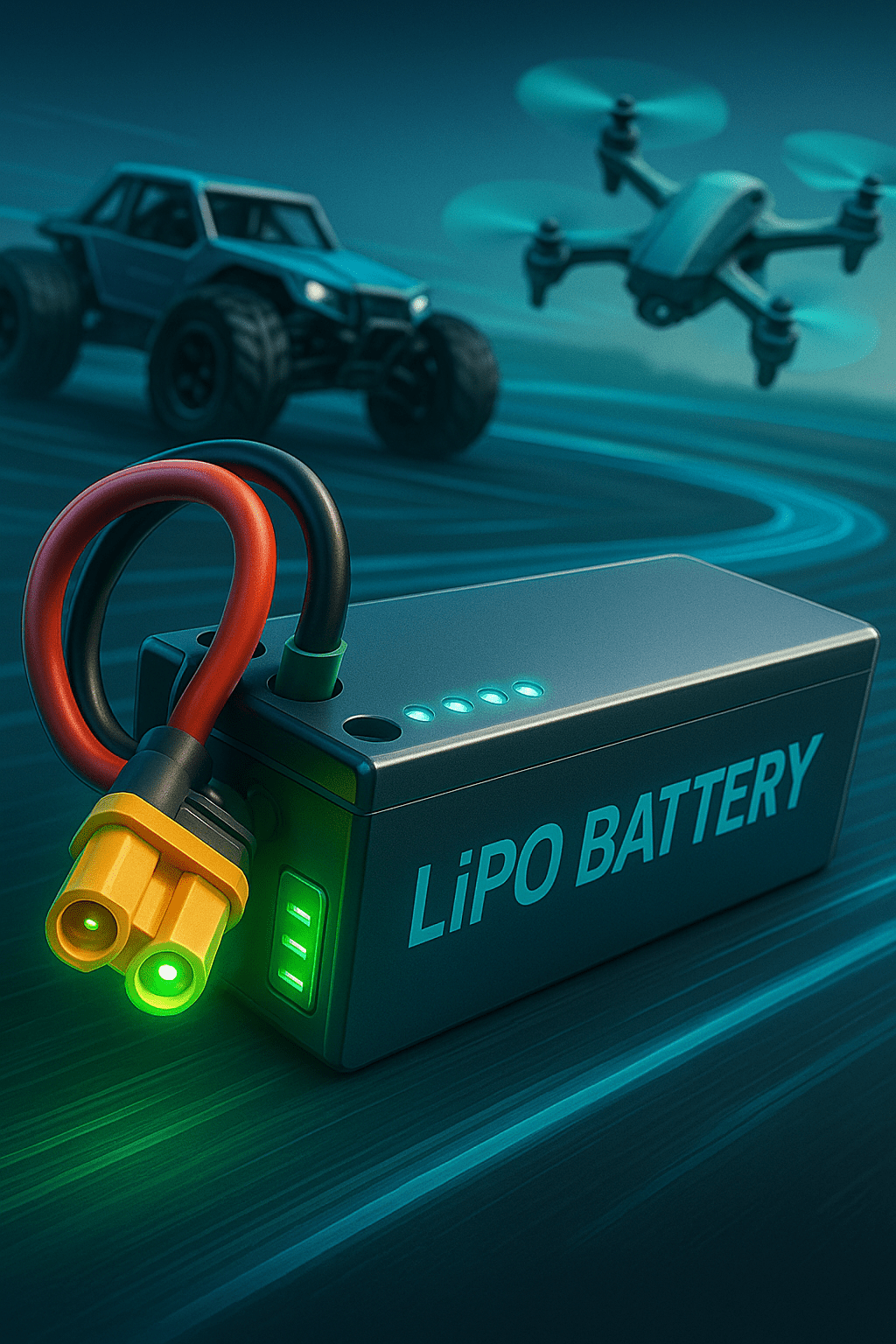
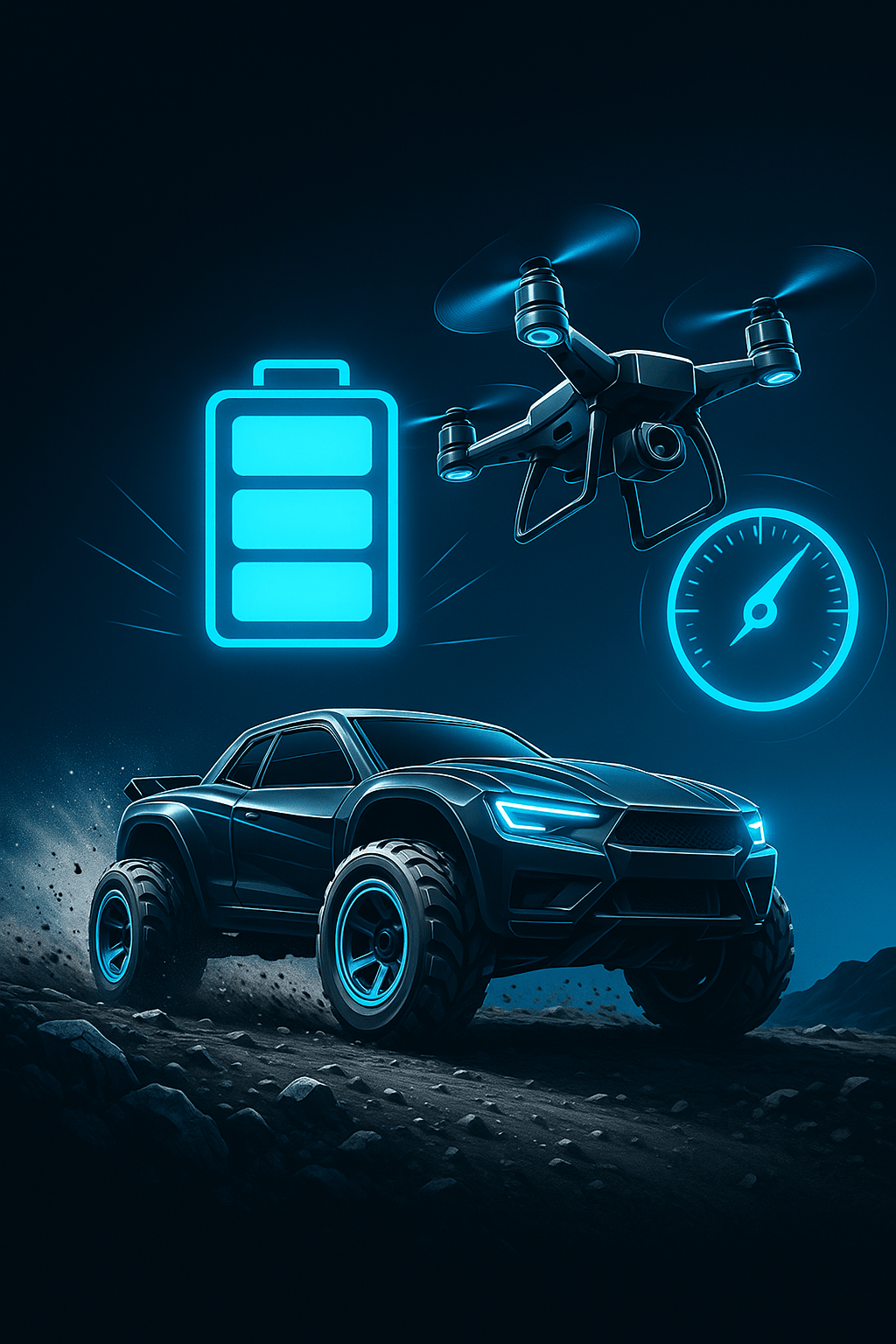
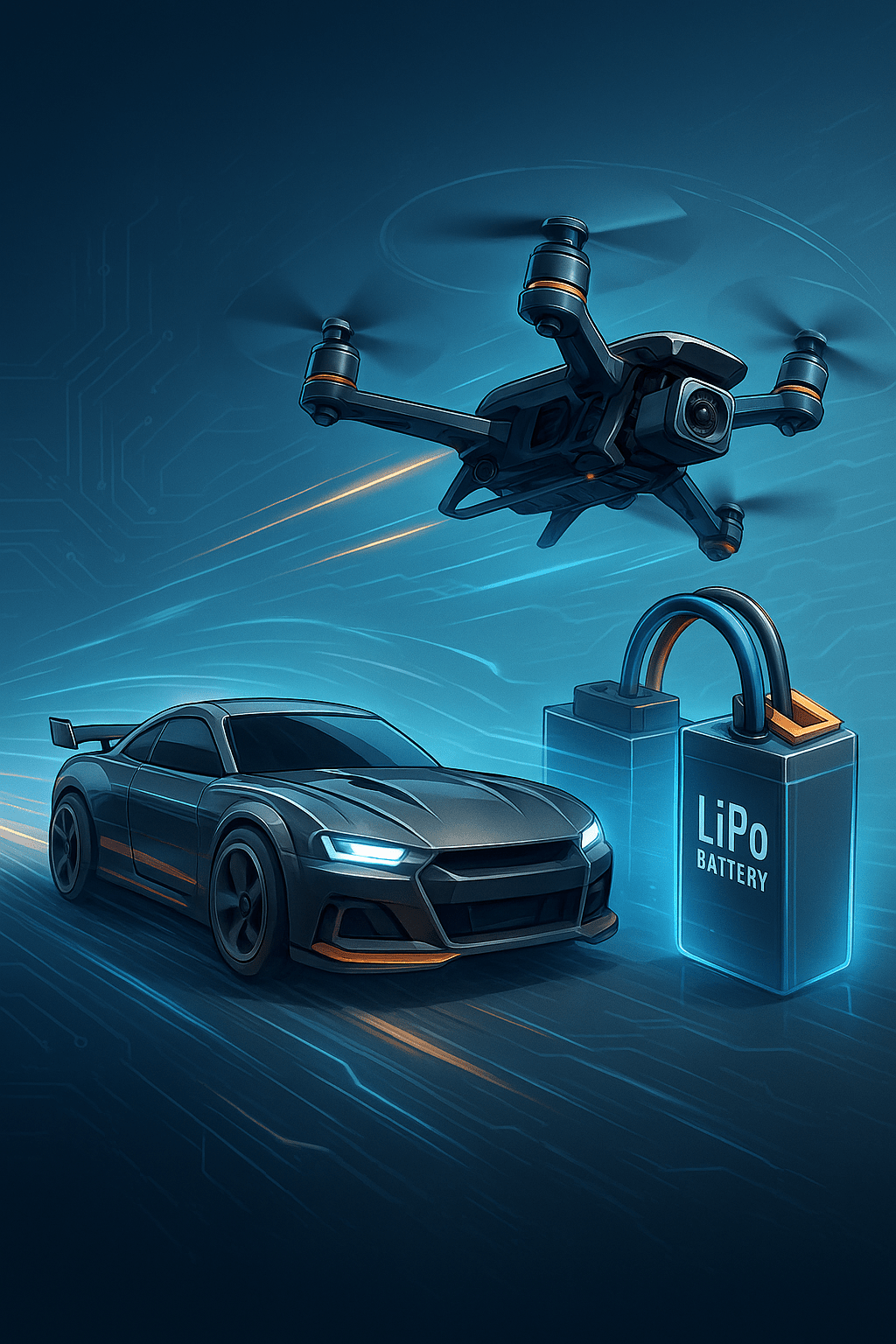
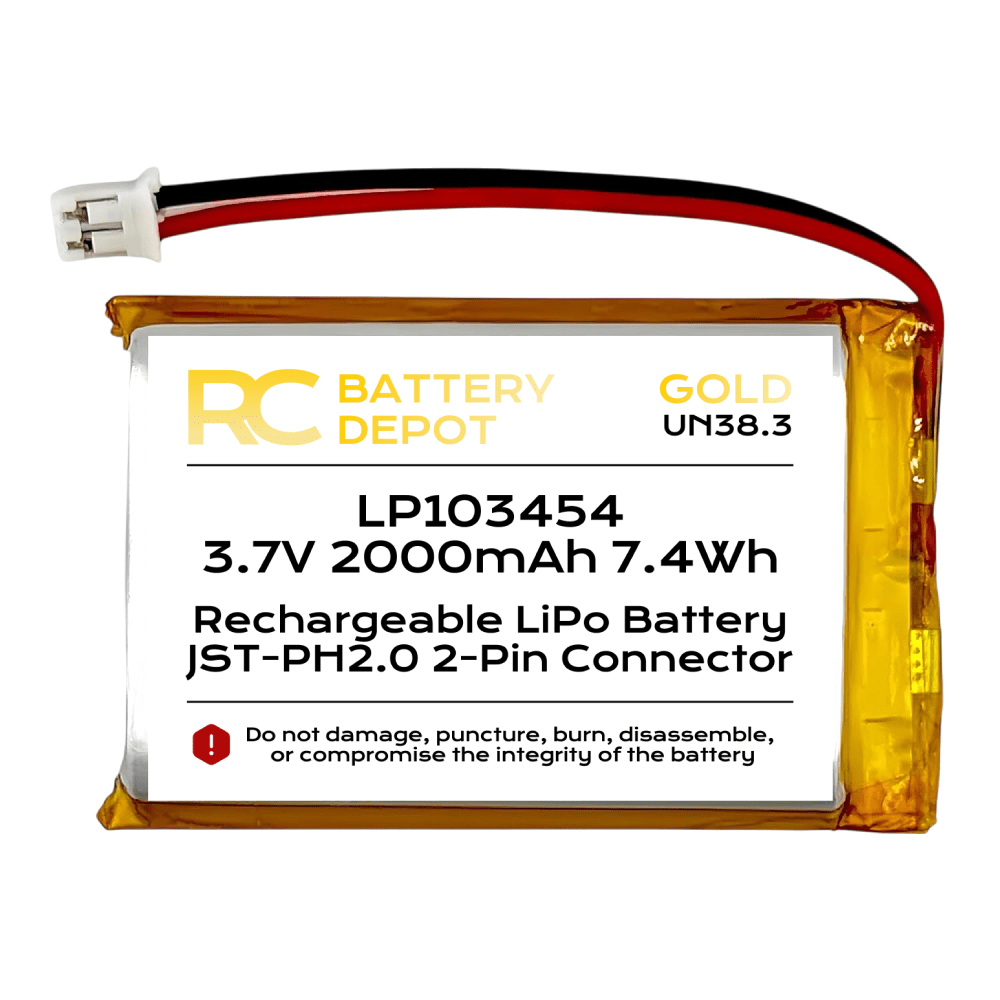
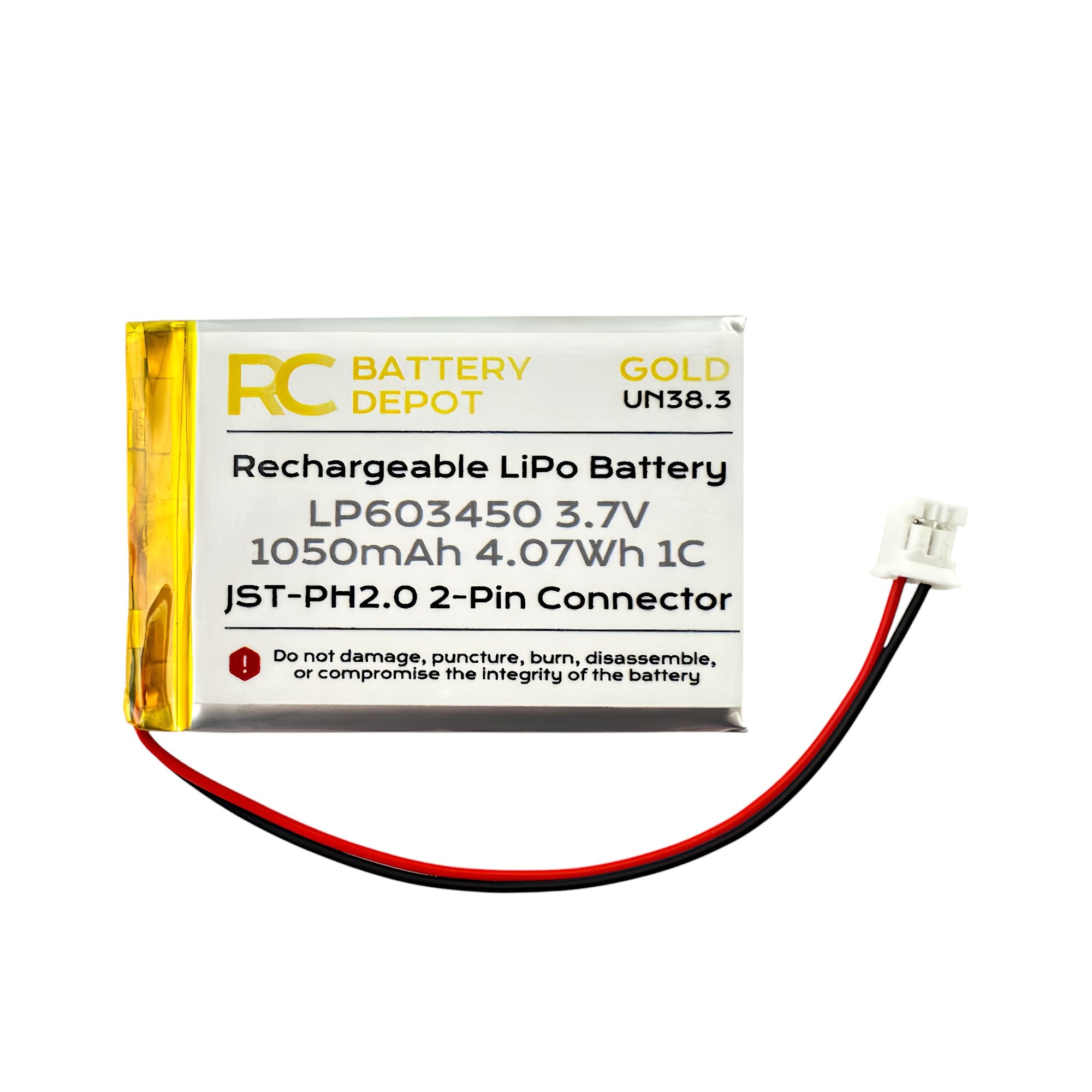
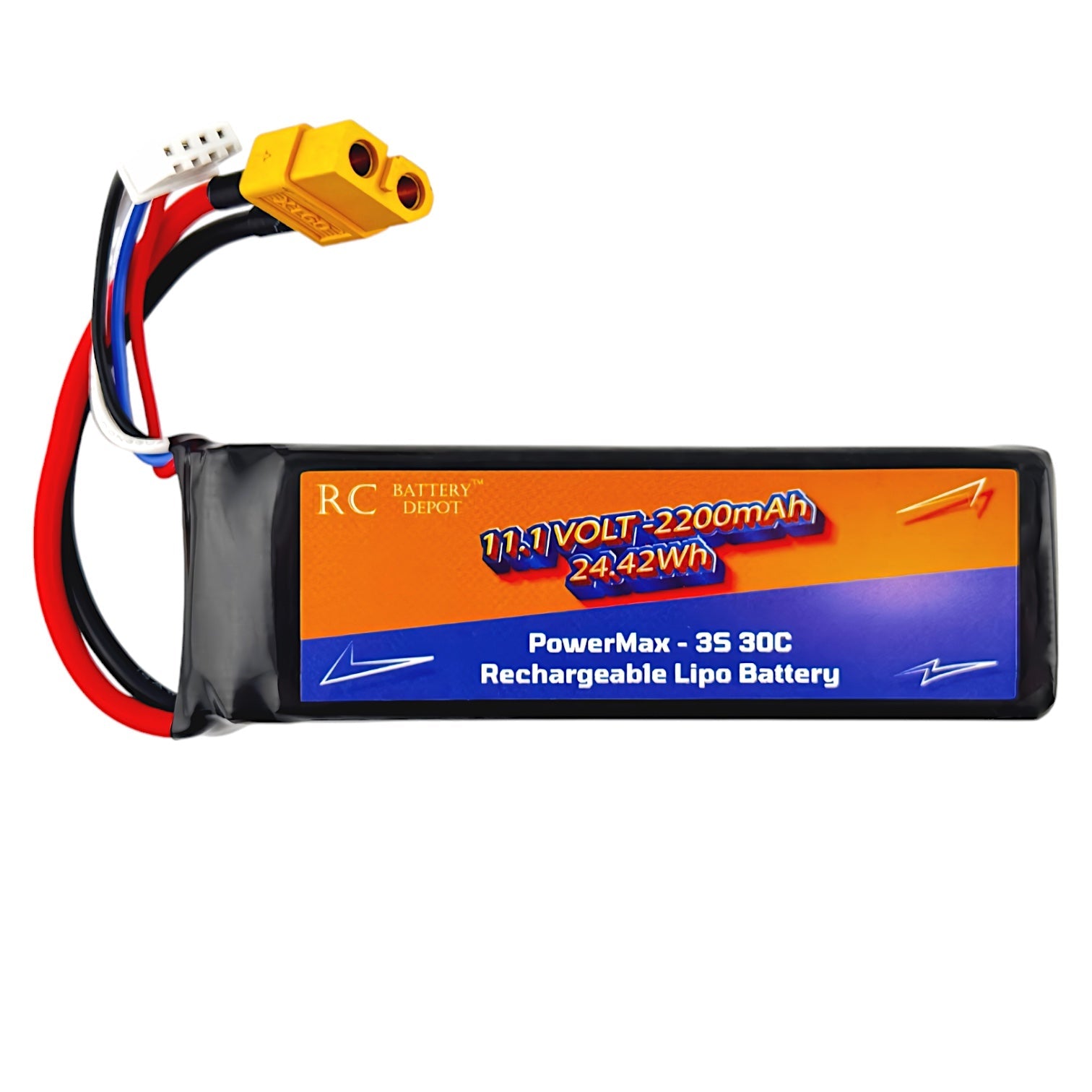
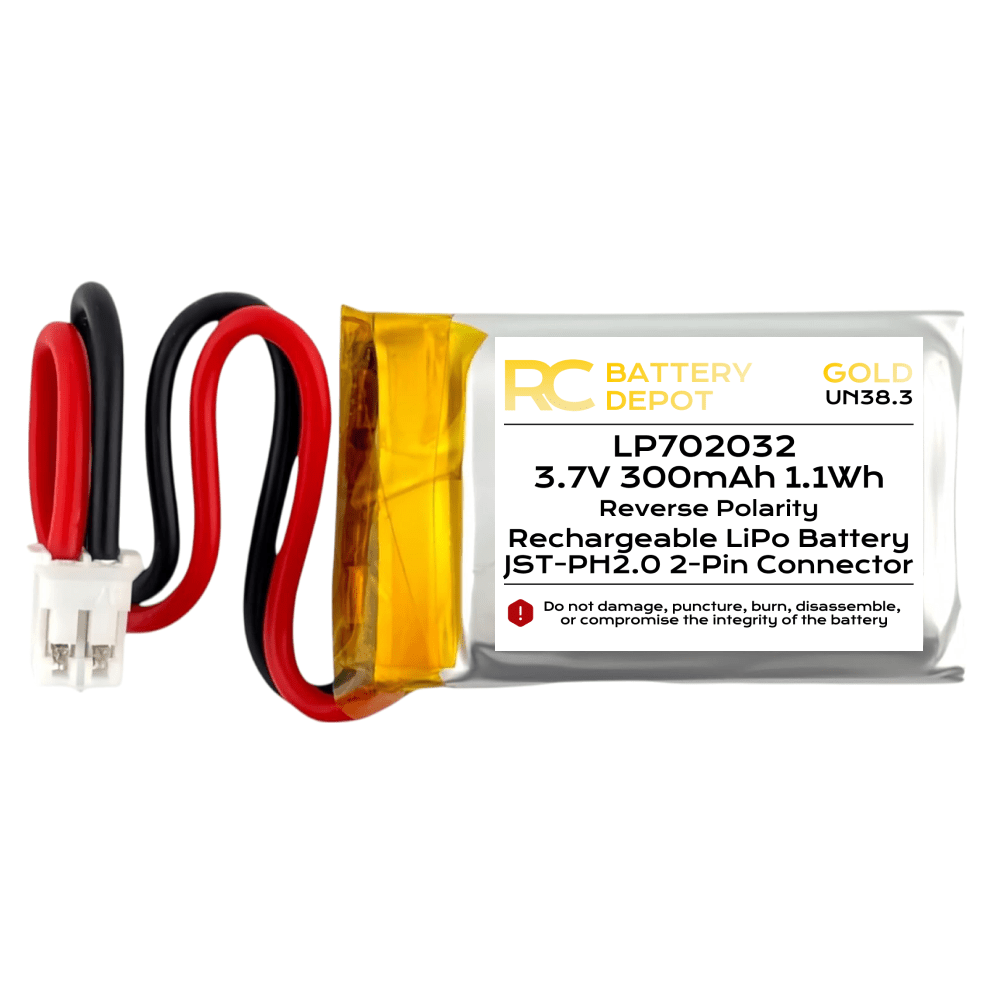
Share:
Understanding 11.1V LiPo Batteries for RC: Everything You Need to Know
Understanding JST/XH Connectors for RC Battery Charging